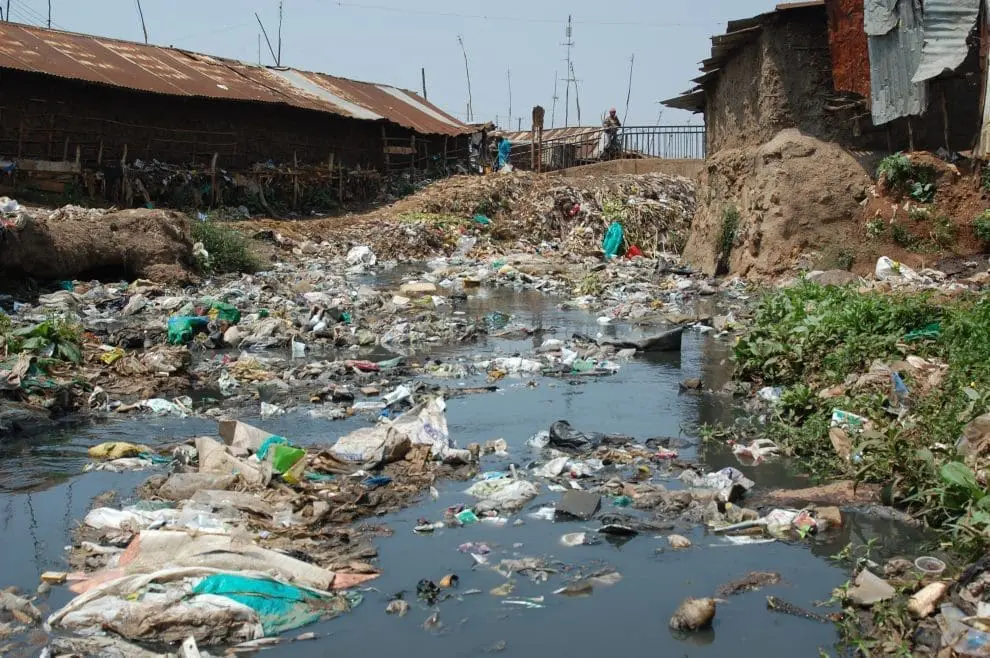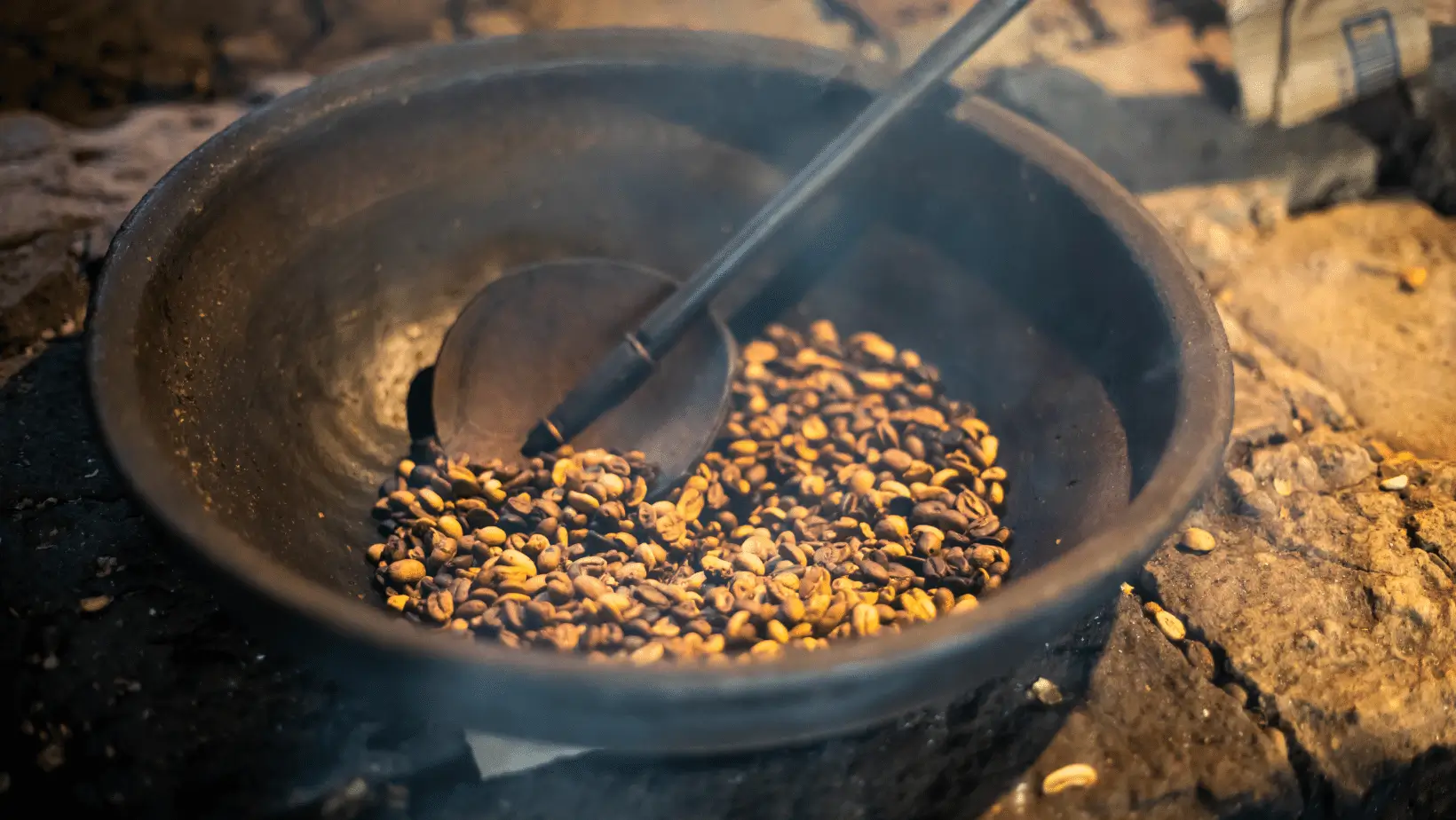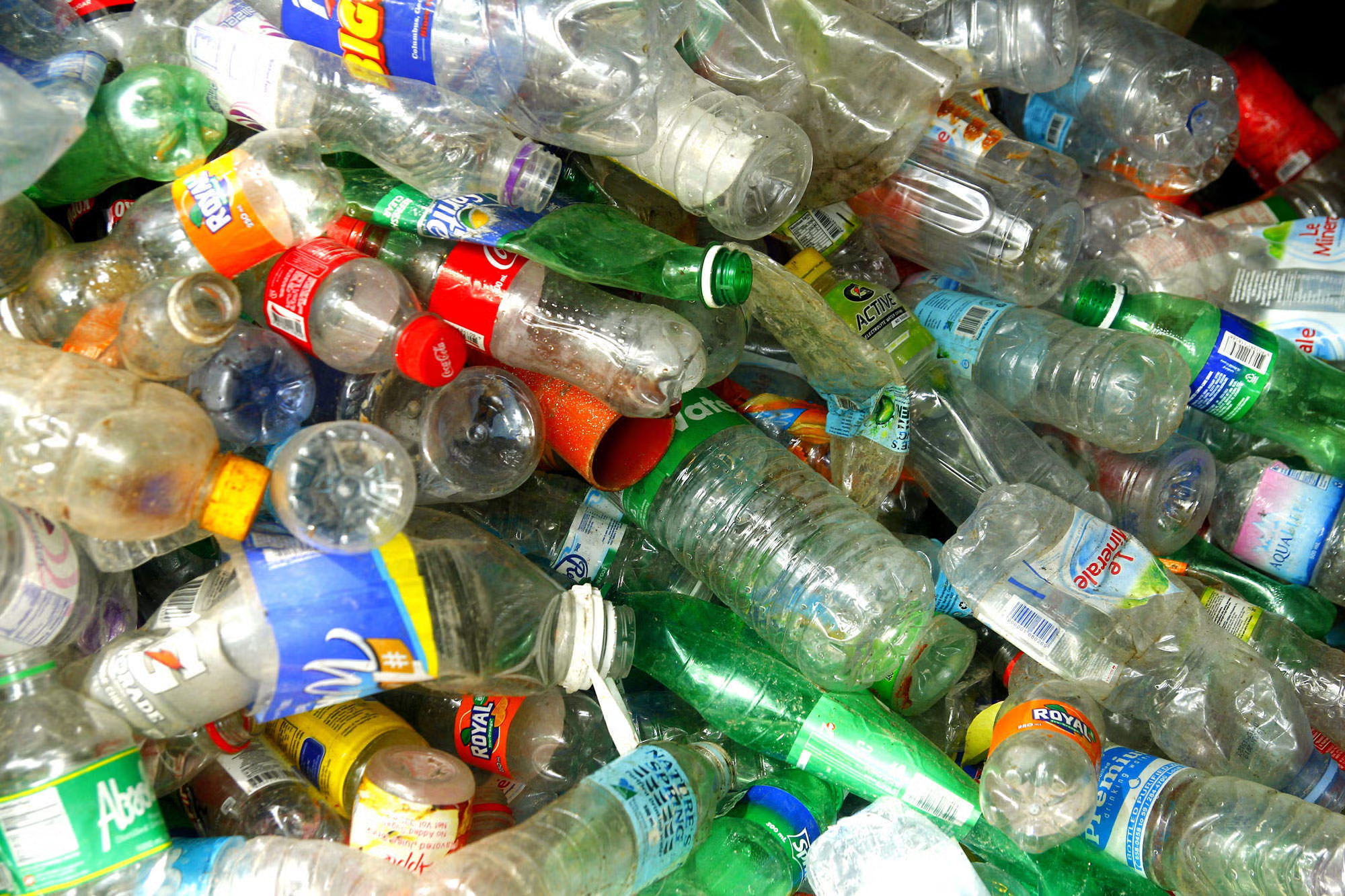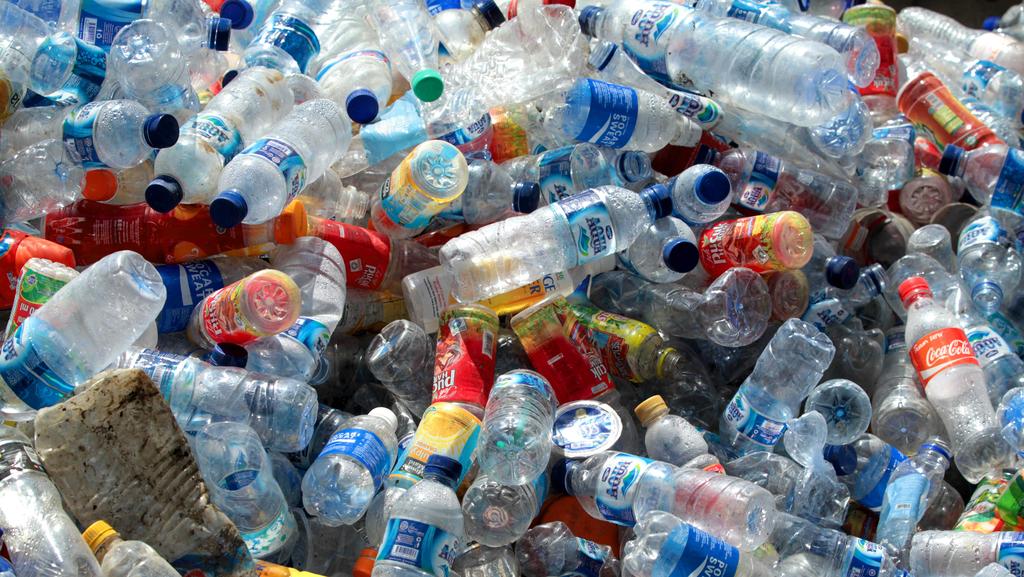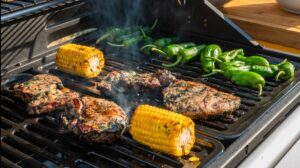
When it comes to grilling, choosing between a charcoal grill and a gas grill can feel like a daunting decision. Both have their unique advantages and drawbacks, and the right choice ultimately depends on your grilling style, preferences, and needs. In this article, we’ll break down the pros and cons of each to help you make an informed decision.
The Charcoal Grill Experience
Charcoal grills are often celebrated for their ability to infuse food with a rich, smoky flavor that is hard to replicate with other grilling methods. Here are some of the key benefits and drawbacks:
Pros:
- Flavor: Charcoal grills produce a distinct, smoky taste that many BBQ enthusiasts love. This flavor comes from the burning charcoal and any drippings that vaporize during cooking.
- High Heat: Charcoal grills can reach higher temperatures than gas grills, making them ideal for searing steaks and other meats.
- Portability: Many charcoal grills are lightweight and easy to transport, making them perfect for camping trips or picnics.
- Cost-Effective: Charcoal grills are generally more affordable upfront compared to gas grills.
Cons:
- Longer Prep Time: Lighting and waiting for the charcoal to heat up can take 15-20 minutes.
- Maintenance: Cleaning ash and burnt charcoal can be messy and time-consuming.
- Temperature Control: Maintaining a consistent temperature requires skill and frequent monitoring.
The Gas Grill Advantage
Gas grills, on the other hand, are known for their convenience and ease of use. Here are the main advantages and disadvantages of gas grilling:
Pros:
- Convenience: Gas grills heat up quickly, usually within 5-10 minutes, making them perfect for last-minute grilling sessions.
- Ease of Use: With knobs to control the heat, maintaining a consistent temperature is straightforward.
- Low Maintenance: Gas grills are easier to clean since there’s no ash to deal with.
- Features: Many gas grills come with additional features like side burners, rotisserie attachments, and temperature gauges.
Cons:
- Flavor: While convenient, gas grills lack the smoky flavor that charcoal grills provide.
- Cost: Gas grills are typically more expensive upfront and require propane or natural gas for operation.
- Portability: Gas grills are often larger and less portable than charcoal models.
Factors to Consider
When deciding between a charcoal grill and a gas grill, consider the following:
- Flavor Preferences: If you prioritize smoky, authentic BBQ flavors, a charcoal grill might be your best bet.
- Convenience: For quick and easy grilling, a gas grill is the way to go.
- Budget: Charcoal grills are usually cheaper initially, but gas grills may save you money in the long run if you grill frequently.
- Cooking Style: Charcoal grills are ideal for high-heat searing and slow cooking, while gas grills are better for consistent, even heat.
- Portability: If you need a grill for camping or tailgating, a charcoal grill is typically more portable.
Conclusion
Both charcoal grills and gas grills have their place in the world of outdoor cooking. If you love bold, smoky flavors and enjoy the process of grilling, a charcoal grill may be perfect for you. On the other hand, if convenience and quick cooking are your priorities, a gas grill might be the better choice.
Ultimately, the decision comes down to your personal preferences and lifestyle. Whichever you choose, both options can help you create delicious meals and memorable moments with family and friends. Happy grilling

